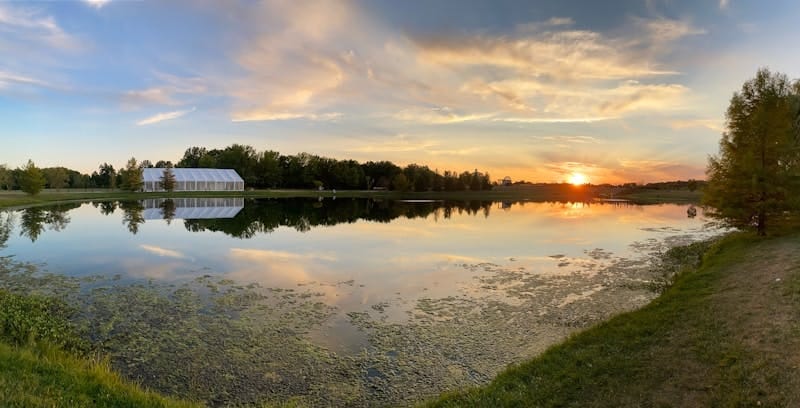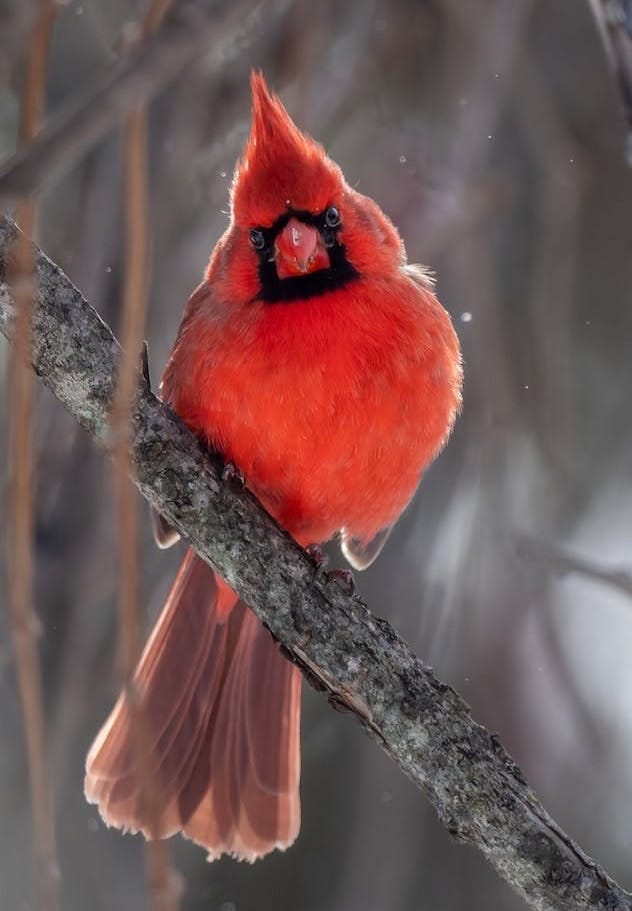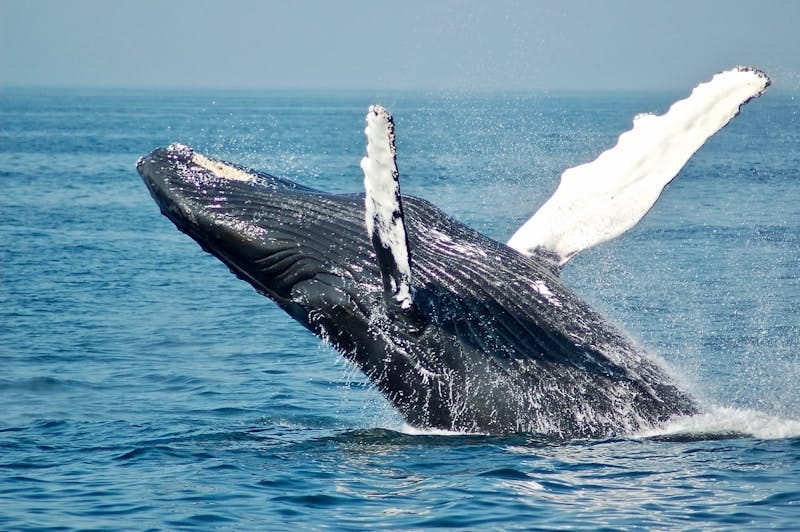Today's issue is the fifth in a series on the Art of Life exploring the elements of "possibility."
If work is the energy I apply in getting things done, then my vocation provides an architecture for that effort and activity. It is the call that pulls my future into the present, the organizing principle for my work.
In a time long past, only some special individuals or groups possessed a vocation. They responded to a vision, a voice, a sense that there was a particular work that was their blessing to engage. Maybe it was a need no one was addressing, a message no one else was spreading. Whatever it was, there was a world out there that needed them.
The world needs you and me too right now. These times have set serious needs before us. How shall we answer? By running away from the times and therefore ourselves? Or will we have the courage to show up, and rise up, and get about the business to which we are called?
And if we don't, then who will?
Oxygen
"It is true that the industrialization of virtually all forms of production and service has filled the world with “jobs” that are meaningless, demeaning, and boring—as well as inherently destructive. I don’t think there is a good argument for the existence of such work, and I wish for its elimination...The old and honorable idea of “vocation” is simply that we each are called, by God, or by our gifts, or by our preference, to a kind of good work for which we are particularly fitted. Implicit in this idea is the evidently startling possibility that we might work willingly, and that there is no necessary contradiction between work and happiness or satisfaction.
...And if you are called to music or farming or carpentry or healing, if you make your living by your calling, if you use your skills well and to a good purpose and therefore are happy or satisfied in your work, why should you necessarily do less of it?"
~ Wendell Berry
The other morning, while making breakfast, I was serenaded. A northern cardinal let loose with the happiest series of chirps and trills, announcing, "Here I am!" That cardinal had no reservations about using its voice, to show itself to the world. No hesitation in proclaiming, "I belong here! Listen to me!" It is as if that cardinal is called to make a melody - one for me, for its mate, for the world to enjoy.
Fuel
In 1917, the famous German sociologist Max Weber offered a lecture reflecting on "Science as a Vocation." Weber's exploration offers some crucial insight not only on the academic calling he was particularly interested in, but on vocation in general.
When I first entertained the idea of getting a doctorate, several professors told me to only do it if I couldn't do anything else. To my knowledge, Weber originated this notion, and it's been passed down the ranks of professors since. He writes of the person truly committed to science that "without this passion, this conviction that 'millennia had to pass before you were born, and millennia more must wait in silence' to see if your conjecture will be confirmed--without this you do not possess this vocation for science and should turn your hand to something else."
So bound up with vocation is a conviction about the necessity of what you're doing. But there is more than that, and Weber is at his best when describing the contextual factors - institutional, intellectual, political - that all shape the particularities of vocation. For a vocation must always be lived within the reality of forces larger than oneself, forces that act back upon you in spite of your conviction.
But that sense of "I can do no other" remains, perhaps to haunt, perhaps to inspire.
When I was younger, I thought of vocation as daunting. It was this thing that seemed to challenge free will, something that was imposed from outside whether you wanted it or not. And it seemed to end badly for those who undertook it.
Which, I suspect, is why I ran from mine. Who would ever want a vocation like that, if that's what you imagine a vocation to be?
It turns out I was far too literal, and literary, in my understanding of vocation. As much as I love Tolkien, I saw vocation too much through Frodo's experience: "If you do not find a way, no one will." Oof. That's a literal, ring-shaped burden. But it's not what most of us are called to.
I believe some people do have vocations like that. Alexei Navalny comes to mind. Abraham Lincoln perhaps. But not most of us.
Instead, most of us face the task of truly choosing ourselves as we are, in the times as we encounter them. Not trying to run from ourselves, or our talents, or the realities we face. But summoning ourselves to ourselves, for our times, and with everything that makes us who we are.
So now, I understand my vocation more lightly. For me, it's curating the wisdom of what I call "the human disciplines," for our individual and collective excellence. Someone else might be called to a similar task. I hold no illusions that the fate of the world hangs on my success or failure. But I also know that this is something that enlivens me. I can't imagine not doing it.
Find that thing, and there you'll find your vocation.
Heat
Pope Francis says that "no vocation is born of itself or lives for itself." If he is right, then vocation isn't simply the result of me acting on whatever talents I possess. In other words, vocation contains both internal and external components: the meeting of my uniqueness with the world's uniqueness, at a particular point in time. How does this affect or change how you understand your own vocation? Can an emphasis on either the external or internal parts of it deepen how you see it?
The Hebrew Bible tells a story about the prophet Isaiah having a vision of the divine presence in which the question comes forth, "Whom shall I send?" Isaiah responds, "Here I am; send me!" Sometimes I wonder what Isaiah was thinking to be so bold. There are times I would rather pass that buck to someone else, more like that other, not-so-bold Hebrew prophet, Jonah. The prophet who ran away. Yet even Jonah couldn't escape his calling. All of which makes me wonder further, can anyone truly resist their calling? And if you do, how's that going for you?
Connecting
I was delighted to be a guest for a second time with Tim Sweetman of "The Tension Podcast." This more "random" episode featured my take on curiosity, moral relativism, and how to survive 2024. Check out the full podcast here.
It's the season of Lent in the Christian tradition, and many people are reflecting on the meaning of spirituality for their lives. For my take on what's happening spiritually on a global scale, check out my piece "Alive, Accessible, and Alloyed."
I appreciate you reading this newsletter. If it has resonated with you, I would love to know why, and which parts speak to you most. If you support my effort to "cultivate the human disciplines," would you consider supporting this work financially? In the coming weeks, I'll provide more information on a subscription plan as an ongoing way to more deeply participate in this work and connect with others also living out their vocations.
Until next week, I'll see you down the path.
Chad







